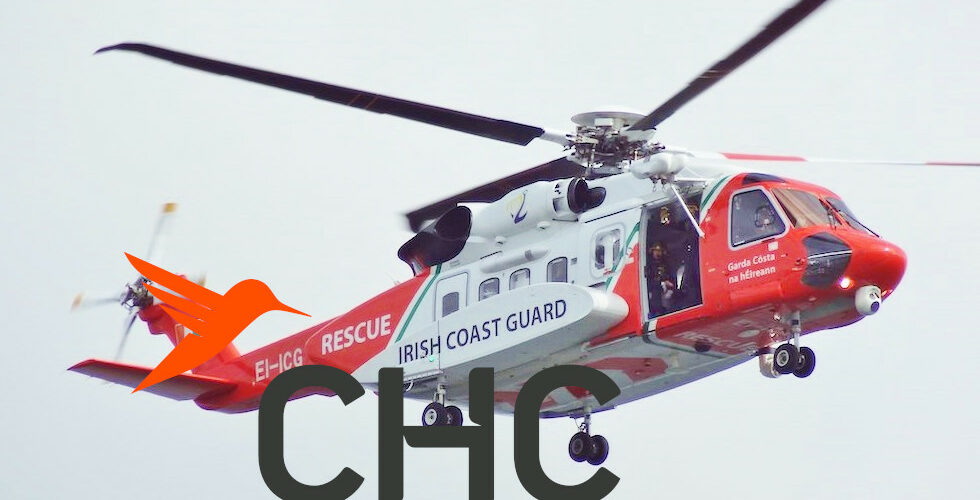Most maritime states have a service responsible for coastal life-saving and air-sea rescue, while some are also responsible for preventing maritime crime within their jurisdiction. In some countries the service is part of the military.
Many Irish people are familiar to some degree with HM Coastguard in Britain and the US Coast Guard, if only through the dramatic depictions of the cinema and television. But in this matter Ireland is entirely different, if not unique.
Despite its official-sounding name, the Irish Coast Guard is a commercial firm, a subsidiary of a Canadian corporation, CHC Helicopter. In 2000 the Government, in its fanatical pursuit of privatisation, took the responsibility for air-sea rescue from the Air Corps, which had operated it for decades, and put it out for tender. The Canadian corporation was awarded the contract, together with the use of the title Irish Coast Guard.
This organisation has no statutory powers, and no ships. It operates four helicopters (with one in reserve) and calls on the Air Corps when fixed-wing aircraft are required as well as for other services.
In March 2017 a notorious disaster occurred when a Coast Guard helicopter, in poor weather and at night, crashed into Black Rock Island off Co. Mayo, killing all four crew members, who were returning from evacuating an injured member of a trawler crew. The last recorded message from the helicopter was the voice of the co-pilot saying, “We’re gone!”
Because of near-zero visibility, the highly qualified and experienced pilot was entirely dependent on her instruments and digital aids. After the disaster it was discovered that the “enhanced ground proximity warning system” provided by the company did not include this high rocky island, or the fifty-foot lighthouse on its summit. The company has promised that its digital maps would be corrected—“updated” was the term they used, as if something in the landscape had changed, though the rock has been there for millions of years and the lighthouse since the middle of the nineteenth century.
A review commissioned by the minister for transport was carried out in August 2018. The recommendation by the Air Accident Investigation Unit is understood to say that there were “several sources of confusion and potential conflicts of interest” (which is putting it diplomatically) and to recommend that responsibility for the service be given to the Irish Aviation Authority.
In October 2020 the Representative Association of Commissioned Officers said they want the Air Corps to be the primary agency for providing the search-and-rescue service. As it pointed out, the state is paying €367 million to a civilian company, yet it still relies on the Defence Forces to maintain the capability to train and organise the service at a moment’s notice.
The contract is due for renewal this year, when it is reckoned it will be worth about €500 million—a nice little crock of gold for profiteers. And what are a few lives compared with that?






